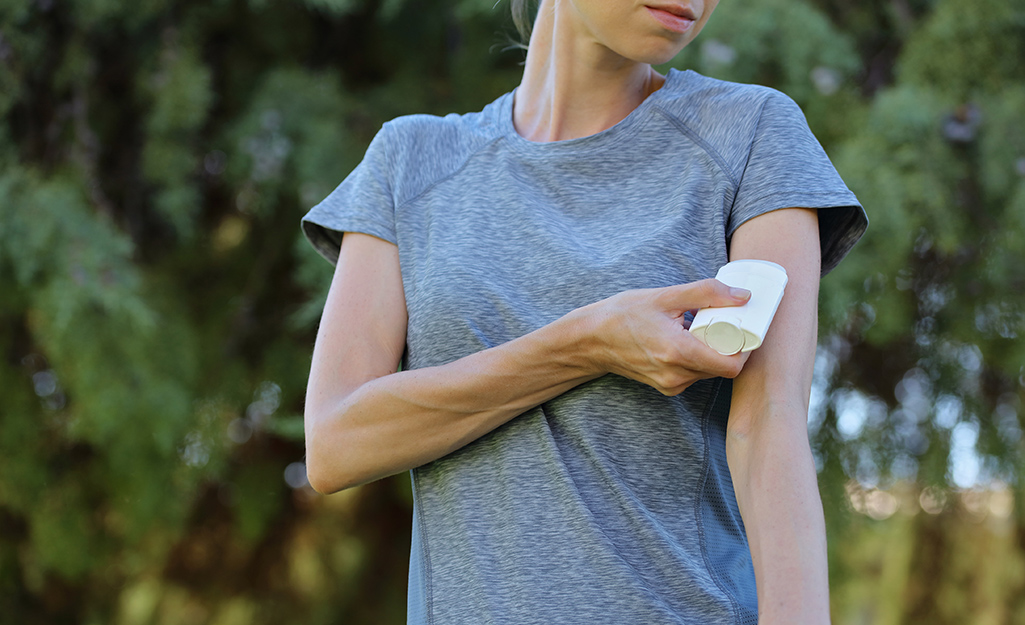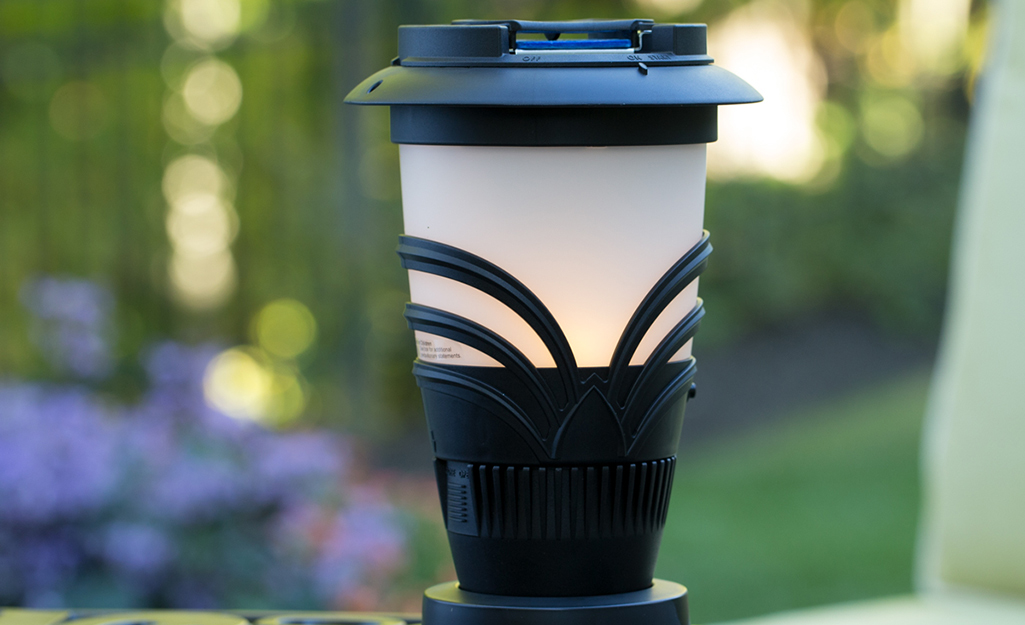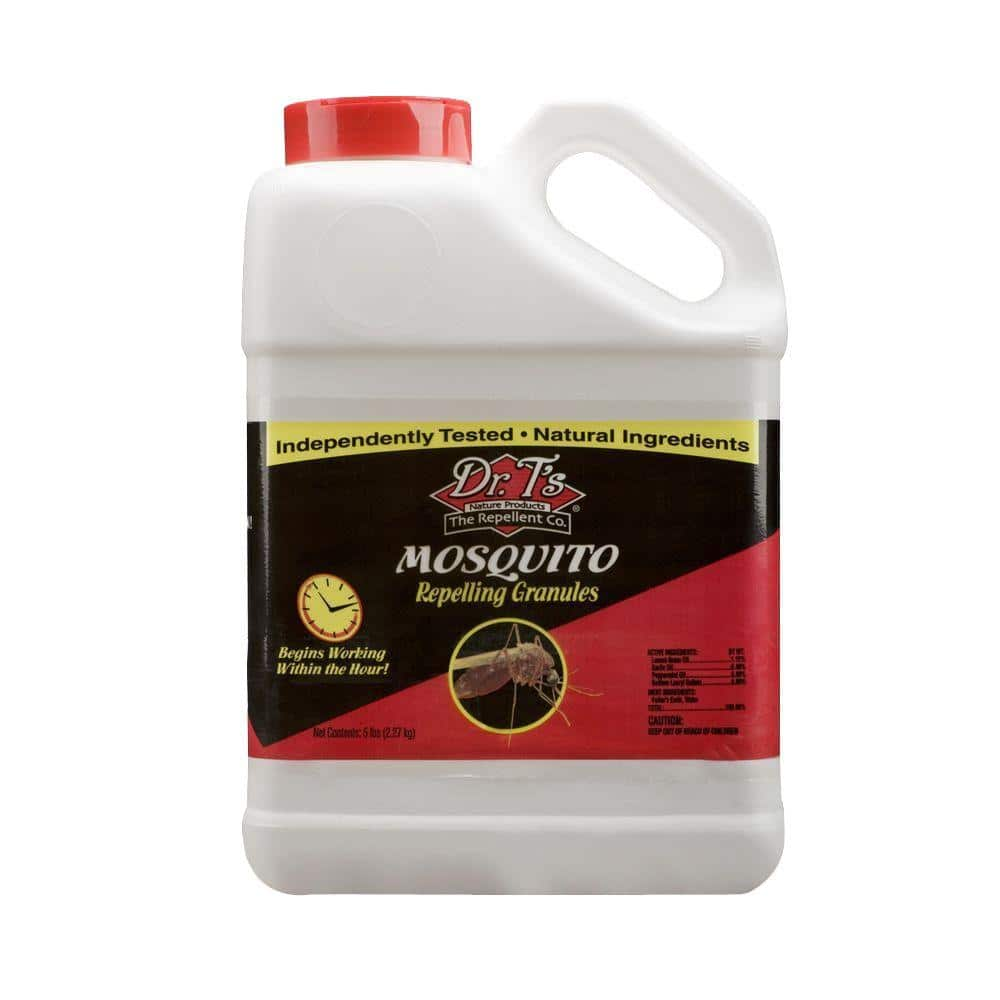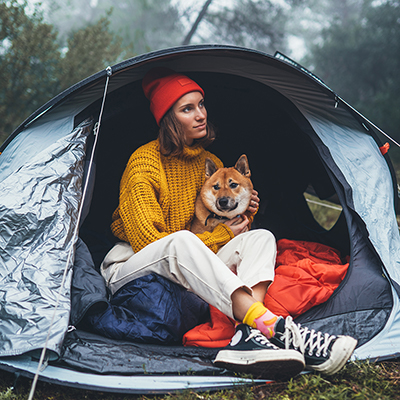Best Insect Repellent for Your Protection

Last updated September 7, 2023
Whether you’re spending time in your yard or embarking on an outdoor adventure, you want to avoid bug bites. Area insect repellent can protect a particular spot, like your porch or patio. Individual bug sprays and lotions can be applied to clothing and skin.
This guide will review the best insect repellent for your protection. It will cover the benefits of the different types of insect repellent to help you decide which bug spray to choose.
Table of Contents
Personal Insect Repellents
Area Insect Repellent
Using Insect Repellent Safely
Personal Insect Repellents

Personal insect repellent and area insect repellent don’t actually kill bugs like mosquitos and ticks. Instead, they use chemicals to stop the insects from biting you. When bugs encounter insect repellent, it interferes with their senses.
Personal insect repellents come in different forms, including bug spray, aerosols, lotions and rub-on sticks. Some chemicals used in bug spray are safe to apply to your skin. Other insect repellents contain chemicals that should only be used on clothing, sleeping bags and tents.
When choosing a personal insect repellent, consider the activity you’ll be doing. If you’re going on a long hike or spending the night outside, you may want stronger protection than if you’ll be sitting on your patio.
DEET is a commonly used ingredient in insect repellent. It can be safely applied to skin, though some people prefer to limit their exposure to DEET. Insect repellents that contain DEET area available in a wide range of concentrations. A stronger concentration will will be more effective for a longer period of time. Organic products, such as oil of lemon or eucalyptus, may be used on skin as well.
Permethrin spray can be applied to clothing, shoes and camping gear. It will remain highly effective even after repeated laundering. Permethrin shouldn't be used on skin.
- Personal repellents may be scented or unscented to suit your tastes.
- DEET can be found in aerosol, spray and lotion forms of insect repellent.
- DEET provides longer-lasting protection than most other chemicals, but it can act as a skin irritant for some people.
- Pyrethrum both repels and kills insects.
- Citronella wipes can be used to apply protection to your skin and clothing.
Area Insect Repellent

If you plan to spend a lot of time outside in the same place, then you may want to consider area insect repellents. These products can save you the trouble of applying bug sprays and lotions to your skin and clothes.
Area insect repellent is particularly effective when used in smaller areas, such as patios and porches. Measure the size of the area and consider how long you'll be outside before choosing an area repellent.
- Area insect repellents and traps cover a specified area and work for a set number of hours.
- Use them in your yard or at a picnic to keep bugs away.
- Sprays, foggers, coils, butane cartridges and torches provide a range of options.
- Citronella candles can be used virtually anywhere and provide hours of protection against pesky mosquitoes.
Using Insect Repellent Safely

- Avoid spraying insect repellent into eyes or open cuts and abrasions. If you want to put insect repellent to your face, use a lotion, which is easier to apply precisely than a spray or aerosol.
- When you’re helping kids put on insect repellent, take extra care. Remind them not to put their arms and hands in their mouths when they have on bug spray or lotion.
- Mosquitoes tend to be more active between dawn and dusk. Apply stronger repellent if you plan to be out during that period of time.
- Use the lowest concentration of active ingredient that will meet your needs.
- Spray aerosol repellents when you’re outside. Avoid applying them when you’re inside.
- Do not use DEET on children under 2 months of age.
- Wear long sleeves, pants and loose clothing to protect against bites.
- Wash clothes treated with insect repellent before wearing them again.
- Some sleeping bags and other camping equipment may be pretreated with permethrin. These products provide protection against insects right out of the box.
- If you prefer a more organic repellent that's easy to use, citronella wristbands slide easily over your wrists to provide protection without the application of chemicals.
- For prolonged periods spent outdoors, look for products that combine repellent chemicals with sunscreen to protect against both bites and sunburn.
- Since most insect repellents contain chemicals, remove them by washing your skin with soap and water once you’re back inside.
Area insect repellent covers small outdoor spaces, while personal insect repellent can be applied to clothing or skin. Figuring out the best insect repellent for your protection depends on several factors. Think about whether you’ll be staying in one place or moving around. You’ll also want to decide on the level of protection you’ll need. You may also need to consider if you or your family members are sensitive or allergic to certain chemicals. Read the labels of insect repellent to check for allergens before use.
Ready to select the best insect repellent for you? The Home Depot delivers online orders when and where you need them.






























